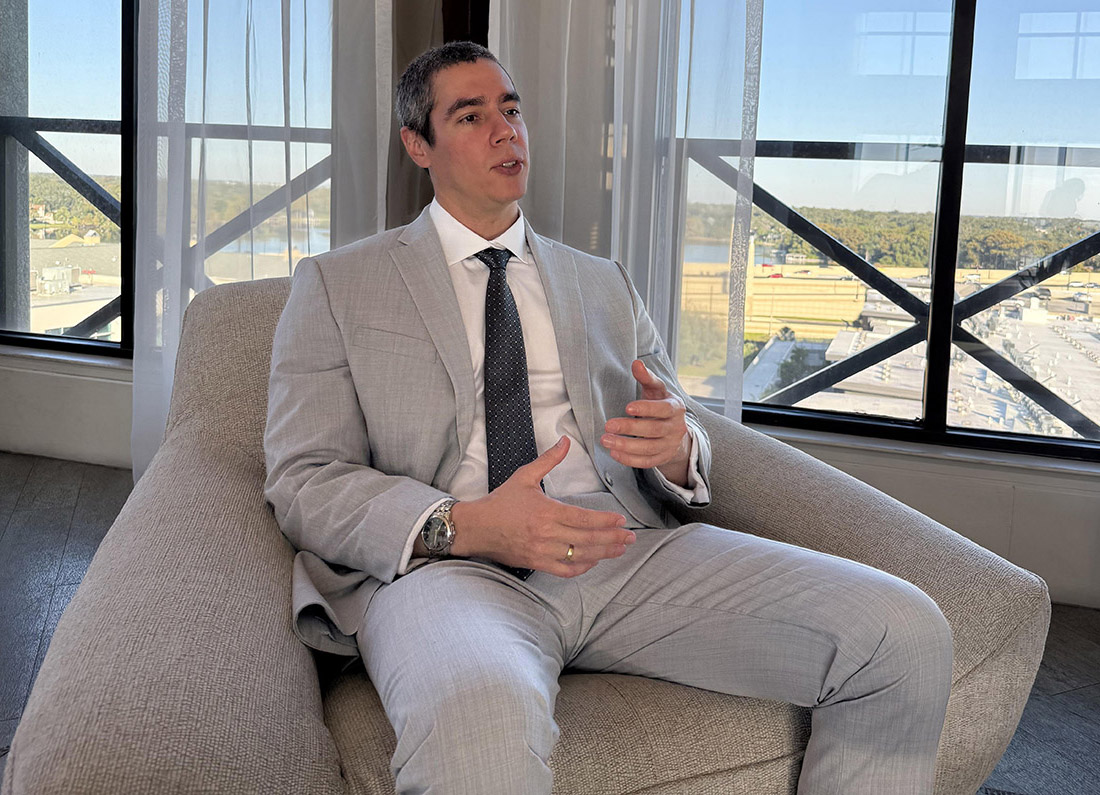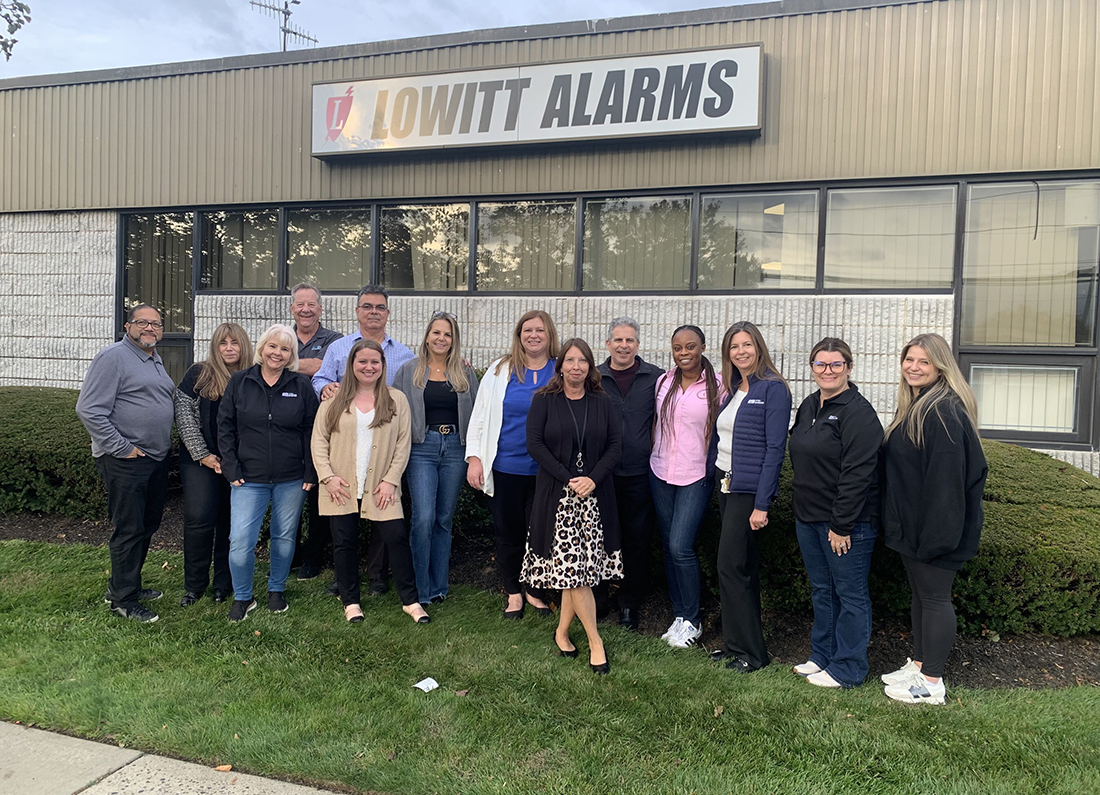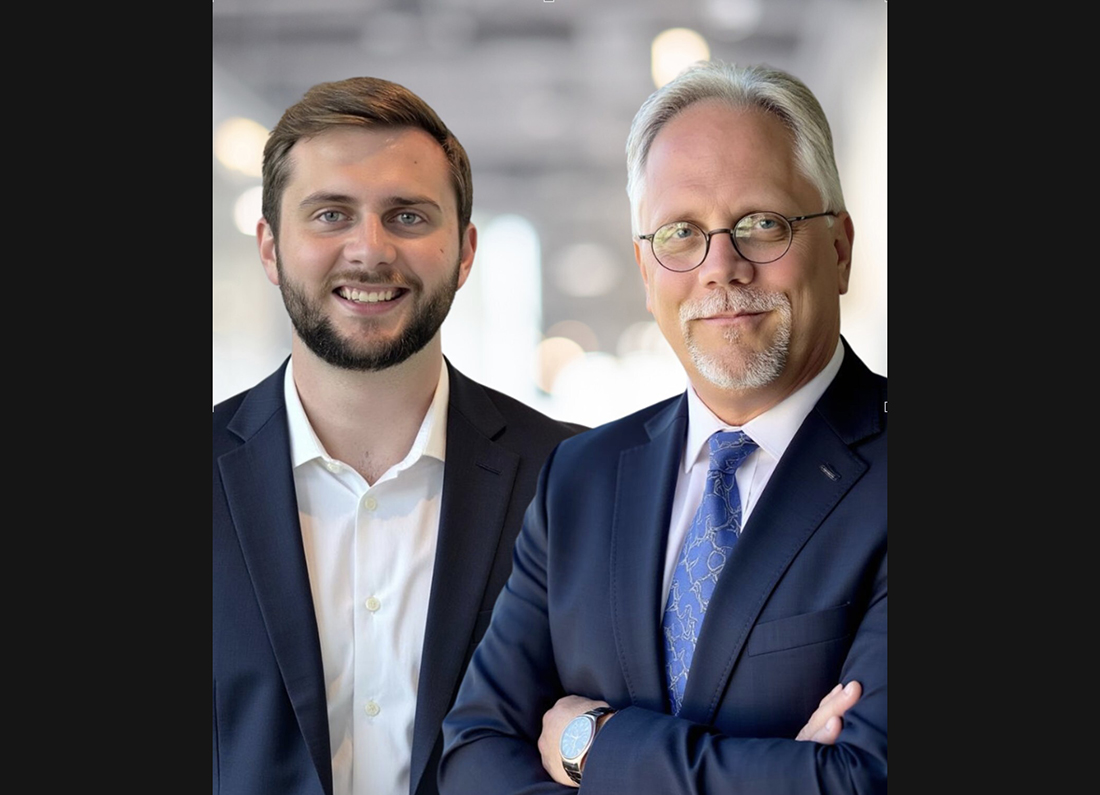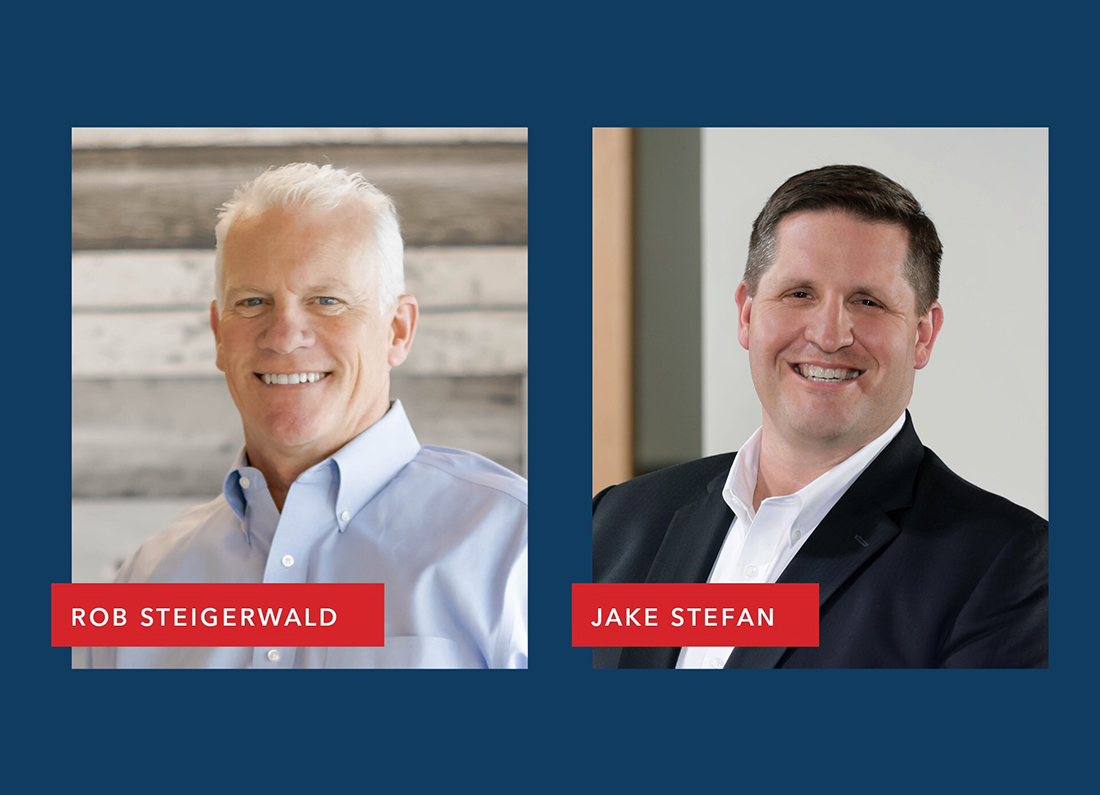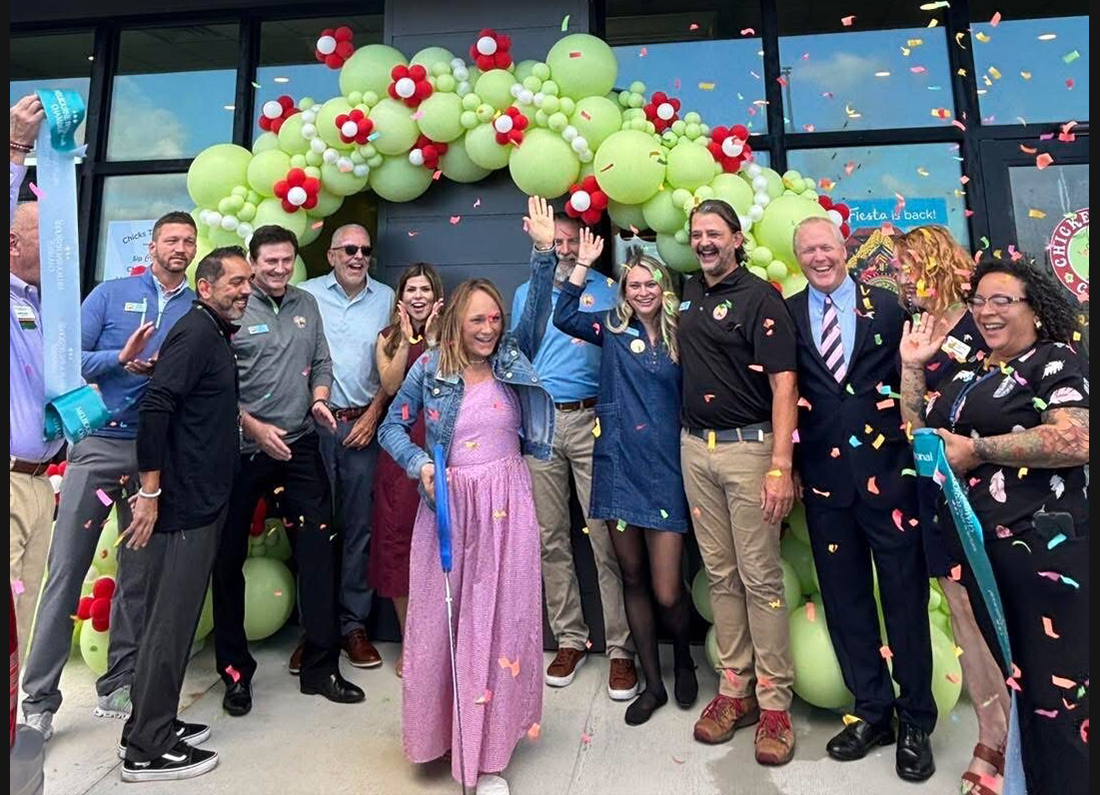Atlanta, GA – As Atlanta continues to position itself as a leading global business hub—home to international giants like Coca-Cola, Delta Air Lines, and UPS—the city’s small and medium-sized enterprises (SMEs) are increasingly exploring opportunities beyond U.S. borders. Among the most promising destinations: Latin America. But according to international business consultant Gabriel Ramos Pimenta de Oliveira, success in these markets depends on more than supply chains and product quality—it requires cultural adaptation.
Pimenta, based in Miami but advising businesses across the country, including Georgia, is a renowned expert in Latin American market entry. With over 17 years of experience in cross-border trade and business development, he helps U.S. companies translate their business models into culturally resonant strategies abroad.
“Latin America is full of opportunity, but each country is a world of its own when it comes to culture, communication, and consumer behavior,” says Pimenta. “If you don’t understand the nuances, you won’t connect—and if you don’t connect, you won’t succeed.”
Atlanta’s diverse business environment and international connectivity—anchored by the world’s busiest airport—make it a natural launching point for global expansion. Yet many Georgia-based businesses underestimate the role of culture in international negotiations, marketing, and management.
Pimenta warns that even well-funded expansion efforts can falter without attention to cultural context. “A marketing campaign that works in Atlanta might fall flat in São Paulo or Bogotá,” he explains. “Colors, slogans, humor, even the timing of a product launch must be aligned with local customs and preferences.”
He advises companies to conduct market-specific research and to hire local consultants or bilingual professionals who can guide cultural alignment. Pimenta has worked with U.S. companies expanding into Brazil, Mexico, and Colombia, among others, and emphasizes that consumer motivations vary widely. For example, while price sensitivity may drive buying decisions in some markets, brand trust, social proof, and family recommendations carry more weight in others.
“Latin American consumers are extremely loyal—if you earn their trust,” says Pimenta. “But they also expect responsiveness, respect, and personalization.”
He cites the importance of festivals, holidays, and religious traditions in shaping consumer habits. “Launching a product during Carnival in Brazil or around Día de los Muertos in Mexico could either boost visibility or backfire completely—depending on your message,” he adds.
Beyond marketing, Pimenta says one of the most overlooked challenges in Latin America is the negotiation process itself. While U.S. business culture values speed and directness, Latin American negotiations often involve extended relationship-building and a high level of formality.
“In places like Argentina and Brazil, people want to know who they’re doing business with before signing anything,” he explains. “It’s less about closing the deal fast and more about building mutual confidence.”
He also advises Atlanta businesses to be mindful of hierarchy and non-verbal cues during meetings. “Titles matter, greetings matter, and even how you hand over your business card sends a message,” Pimenta notes.
With its multicultural workforce, international airport, and growing Latin American diaspora, Atlanta is uniquely positioned to lead in culturally intelligent business expansion.
Pimenta encourages Georgia-based SMEs to leverage the city’s local diversity as a testing ground. “Atlanta is a microcosm of the global market. You can pilot your cultural strategies here before rolling them out abroad,” he says.
He also points to the value of local institutions like the Metro Atlanta Chamber, Latin American Association, and Georgia Department of Economic Development, which provide support for international market entry.
“If there’s one message I want Atlanta businesses to hear, it’s this: culture isn’t something to work around—it’s something to work with,” Pimenta concludes. “When you respect and understand another culture, you don’t just win customers—you build lasting partnerships.”



